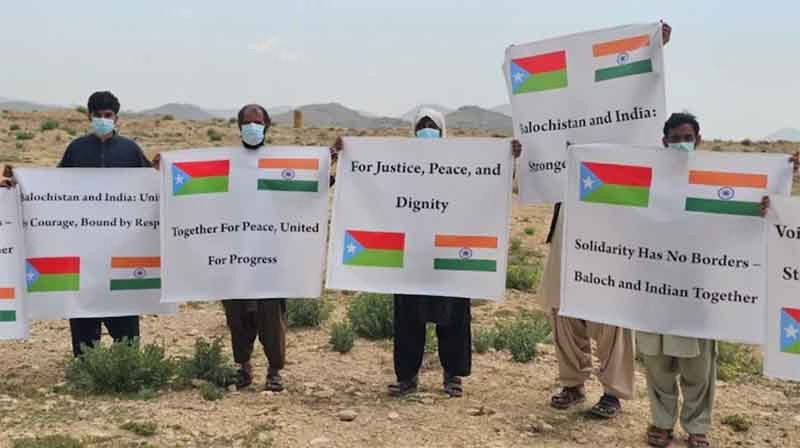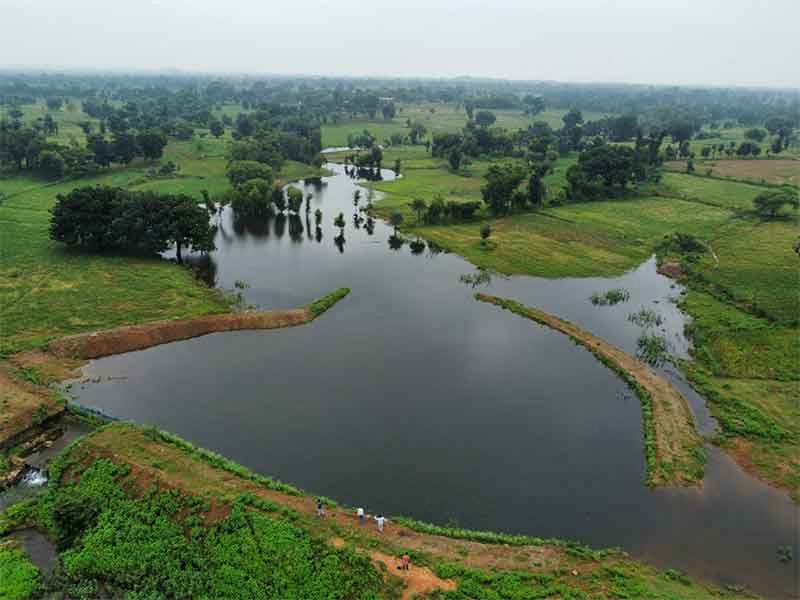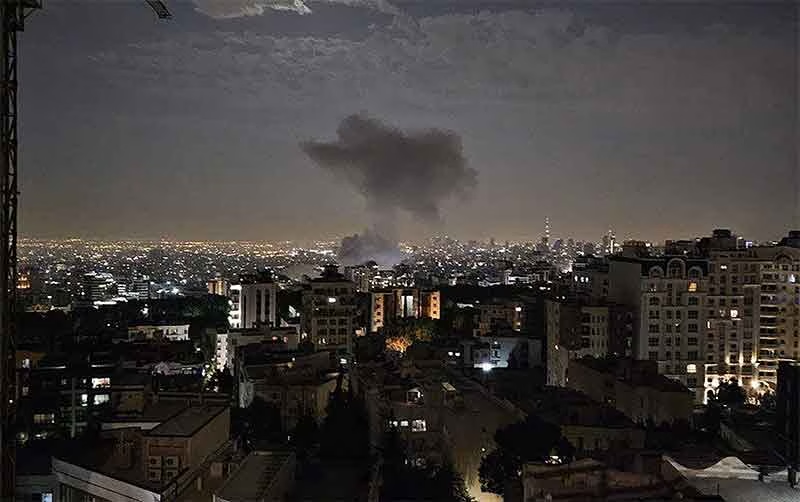
Increasing discontent being reported from Balochistan province of Pakistan should be seen not as a recent phenomenon but rather as a culmination of decades of pent-up disappointments and broken promises.
In terms of area Balochistan is by far the largest province of Pakistan, constituting about 44 per cent of the country’s land area. While the livelihood of most people is based on farming and animal husbandry, including nomadic and semi-nomadic pastoralism, the region is at the same time rich in terms of natural gas deposits as well as various minerals. Hence it should not have been difficult for provide satisfactory conditions for the local people, who constitute only about 6 per cent of the country’s population (about 15 million out of about 250 million). Despite this, a substantial part of the population here has a sense of not receiving a fair deal in the development pattern imposed by the authorities which has leaned more heavily on minerals and natural resource exploitation and infra-structure creation related to this, increasingly taken up with Chinese loans and involvement, while local farmers, pastoralists and fisher folk feel its adverse impacts more in terms of displacement and marginalization. While several human development indicators for Pakistan are low, those for Balochistan are lower still with a very high percentage of people (71 per cent) suffering from multidimensional poverty, 85% in urban areas and 38% in urban areas. In terms of climate change, the problems of people have been accentuated by worsening drought and flood conditions, apart from the more difficult living conditions for people created by heat stress.
Some earlier discontents of the Baloch people, serious enough to result in insurgencies, could be seen as a part of the wider adjustments taking part in the sub-continent following the mess and disasters which the colonial rulers first created over a long period of time and then worsened significantly around the time of leaving. However things did not settle down resulting in a bigger revolt during 1973-77.
Just a little before this new hope had emerged when popular leader Ataullah Mengal became the chief minister on 1 May 1972. His all-too short rule saw refreshing change as freedom of expression flowered and there were tax and police reforms. However in one of the first steps taken after assuming control of Pakistan, Zulfikar Bhutto dismissed the Mengal government, and imprisoned Mengal as well as several of his ministers. This resulted in a big revolt by the Baloch people.
The situation prevailing during this critical time is summarized by Lawrence Lifschultz (who is perhaps best known for his extensive and brilliant writings on Bangladesh), “His (Mengal’s) arrest in 1973 along with most of his provincial cabinet set off a province wide rebellion which engulfed the Pakistan army in one of the more brutal, yet least reported wars in Asia. Mengal was detained by the Bhutto government in large part due to pressure from the Shah of Iran who opposed the presence of an elected social democratic government contiguous to Iran’s eastern border. The consequences of the arrests were traumatic as rebellion spread throughout the province. At one stage nearly a quarter of the Pakistani army was deployed in the province along with units of the Iranian Armed Forces.”
It is shocking to realize that this happened so soon after the extreme repression in East Pakistan by Pakistani armed forces and their local collaborators had led to a very big revolt and ultimately to the emergence of Bangladesh as an independent country. Some leaders and regimes, it appears, never learn.
Finally, Mengal and his colleagues could be released only after Zulfikar Bhutto was himself ousted and arrested. After this Mengal went into self-exile in London. Here he issued a declaration of independence for Balochistan, stating that as 35 years of struggle based on demands for provincial autonomy had not yielded desirable results the struggle henceforth will be for complete independence. In an interview with Lifschultz he also argued, referring to big powers like the Soviet Union and the USA, that Balochistan will not allow itself to be either the pawn or the victim of any big power but will be willing to engage with anyone who respects the identity and rights of the people of Balochistan (see paper by Lifschultz titled ‘Independent Baluchistan?—Ataullah’s Mengal’s ‘Declaration of Independence’, published in Economic and Political Weekly, annual number, May 1983).
Ataullah Mengal was also involved in the formation of Sindhi-Baluchi-Pashto Front in 1985 and later during the 1990s he headed the Pakistan Oppressed Nationality Movement.
In changed circumstances Ataullah Mengal returned to Pakistan during the 1990s and as a very senior person, in the course of coalition politics in Pakistan, he was even offered the topmost posts at the national level which he declined. However his son Akhtar was Chief Minister of Balochistan for some time.
In the middle of various political developments and elections, however, the grievances of the people relating to their natural resources not being utilized in their interest have increased, leading to various rebellious forces being active during the last two decades or so. In recent times attacks on Pakistani army targets have been widely reported.
One of the most persistent grievances of the people relate to human rights violations, including extrajudicial killings and forced disappearances of thousands of Baloch persons, including insurgents as well as civilians. When Imran Khan became the Prime Minister of Pakistan in 2018, Akhtar Mengal gave him a list of about 5000 missing persons.
Dr. Mahrang Baloch has been in the forefront of recent struggles for human rights and rights of women in particular. As a medical student she first emerged in protests when her father was abducted around 2010. Later he was also tortured and killed. Dr. Mahrang was deeply motivated by her own deep distress to commit herself to reducing the sufferings of many other Baloch people. This has led to several peaceful protests and initiatives including the Long Baloch March of 2023.
The Baloch people must carefully decide the best course of action with increasing unity to secure justice-based better and safer society, involving improved utilization of mineral and other resources to find the means for supporting the ability of all people to meet their needs in satisfactory ways based on sustainable livelihoods and protection of environment.
Subscribe to Our Newsletter
Get the latest CounterCurrents updates delivered straight to your inbox.
Bharat Dogra is Honorary Convener, Campaign to Save Earth Now. His recent books include Man over Machine, Protecting Earth for Children, Planet in Peril and A Day in 2071.














































